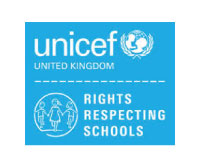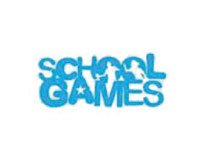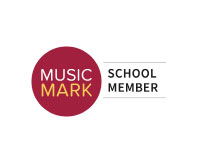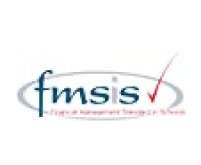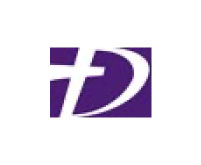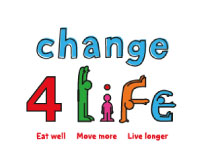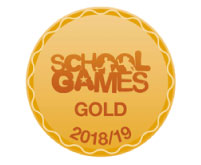Physical Education Curriculum Intent
Purpose of study
At Egglescliffe Primary School, our high-quality physical education curriculum inspires all pupils to enjoy physical exercise so that they participate confidently in physically demanding activities, achieve personal goals, and succeed in competitive sport. It should provide opportunities for pupils to become physically active in a way that supports their health, fitness and wellbeing both during their time at Egglescliffe, and beyond. We intend to inspire the pupils so that they actively participate in a range of sports to develop a competent skillset and build confidence in their abilities. Opportunities to play competitive sport should build character and help to embed values such as fairness, respect and resilience.
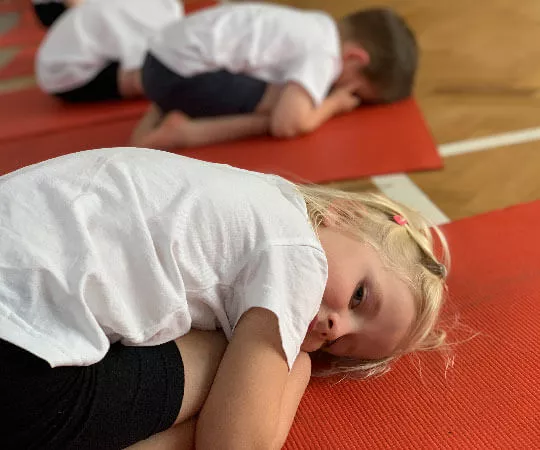
Aims
Our curriculum for physical education aims to ensure that all pupils:
Knowledge and Skills:
- to provide all children with the skills necessary to enjoy team games, experience a wide variety of sports, build a core set of skills that will enable participation in games, develop competence to excel in a broad range of physical activities, are physically active for sustained periods of time, engage in competitive sports and activities, and lead healthy, active lives
- Concepts: health, wellbeing, enjoyment, teamwork, leadership, fairness, respect, control, determination, courage, equality, honesty, passion, self-belief, trust and inspiration.
- Enrichment opportunities are available to children in KS1 and KS2 through a range of after-school clubs and lunchtime competitions in a variety of sports. Children are also encouraged to compete against themselves to achieve personal bests in a range of key skills.
- A year-round programme of regular sporting activity is available to all children in school through our partnership with SSP and the local cluster. Opportunity for all is a key component to allow children to achieve sustained participation in sport
Attainment targets
By the end of each key stage, pupils are expected to know, apply and understand the matters, skills and processes specified in the relevant programme of study.
Subject content
Key stage 1
Pupils should develop fundamental movement skills, become increasingly competent and confident and access a broad range of opportunities to extend their agility, balance and coordination, individually and with others. They should be able to engage in competitive (both against self and against others) and co-operative physical activities, in a range of increasingly challenging situations. Their experience will be enhanced by participation at sports partnership festivals.
Pupils should be taught to:
- master basic movements including running, jumping, throwing and catching, as well as developing balance, agility and co-ordination, and begin to apply these in a range of activities
- participate in team games, developing simple tactics for attacking and defending
- perform dances using simple movement patterns
Key stage 2
Pupils should continue to apply and develop a broader range of skills, learning how to use them in different ways and to link them to make actions and sequences of movement. They should enjoy communicating, collaborating and competing with each other. They should develop an understanding of how to improve in different physical activities and sports and learn how to evaluate and recognise their own success.
Y6 will be taught the qualities required of a good leader and will learn to lead sports in school.
Pupils should be taught to:
- use running, jumping, throwing and catching in isolation and in combination
- play competitive games, modified where appropriate, and apply basic principles suitable for attacking and defending
- develop flexibility, strength, technique and control
- perform dances using a range of movement patterns
- take part in outdoor and adventurous activity challenges both individually and within a team
- compare their performances with previous ones and demonstrate improvement to achieve their personal best
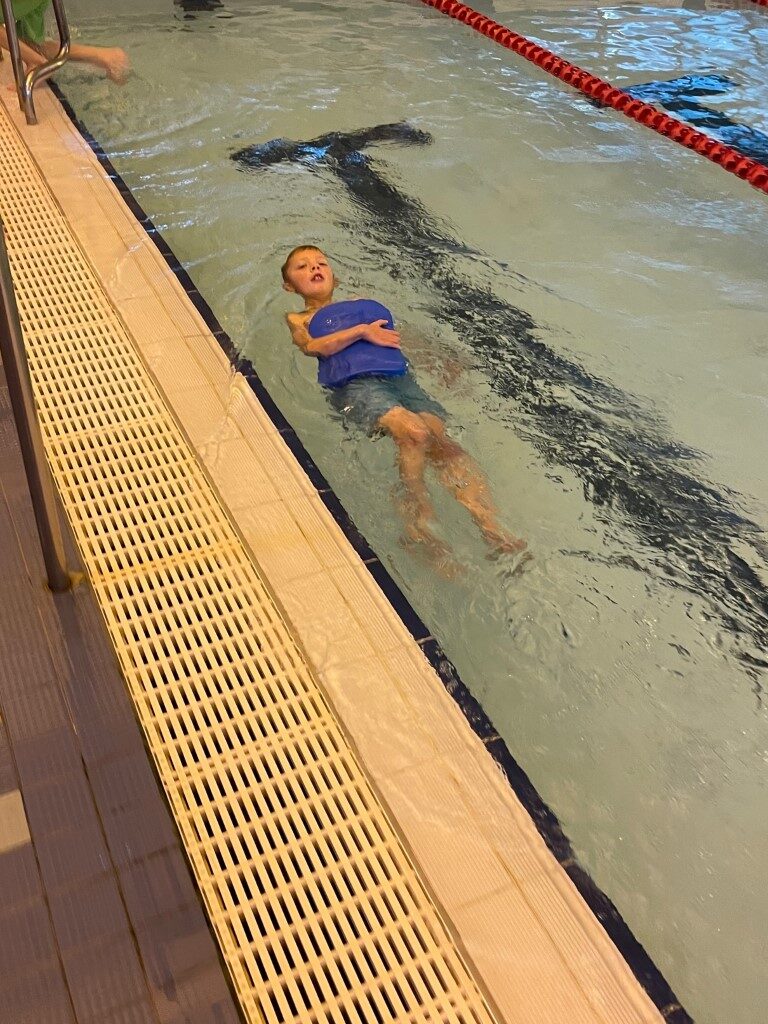
Swimming and water safety
Children will be taught to swim in two-week blocks of 10 sessions. Every child will access 30 taught sessions throughout KS1 and KS2.
In particular, pupils should be taught to:
- swim competently, confidently and proficiently over a distance of at least 25 metres
- use a range of strokes effectively
- perform safe self-rescue in different water-based situations



